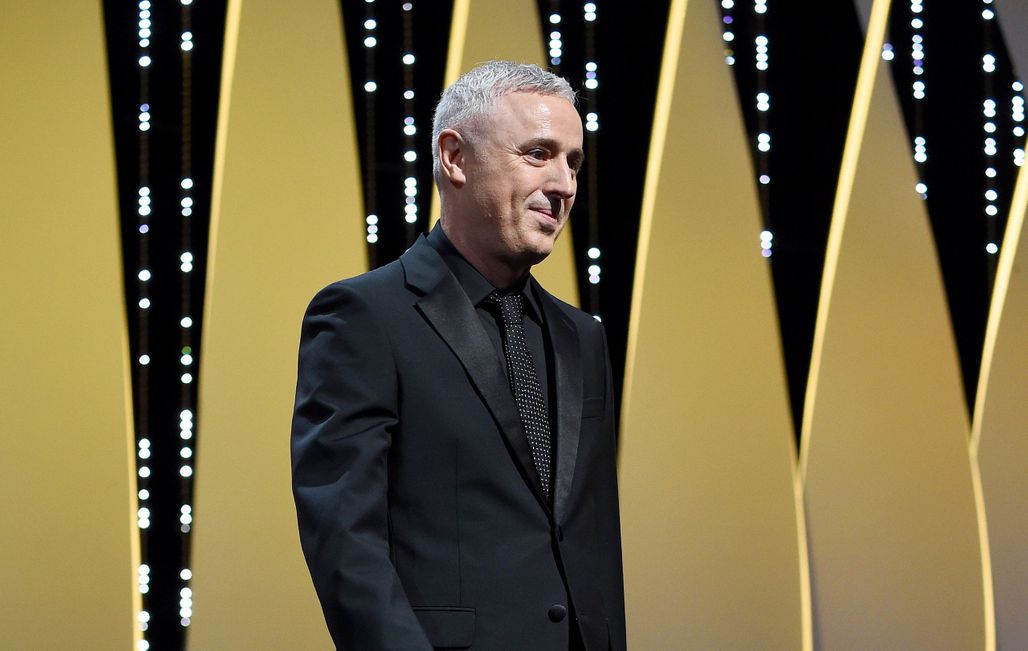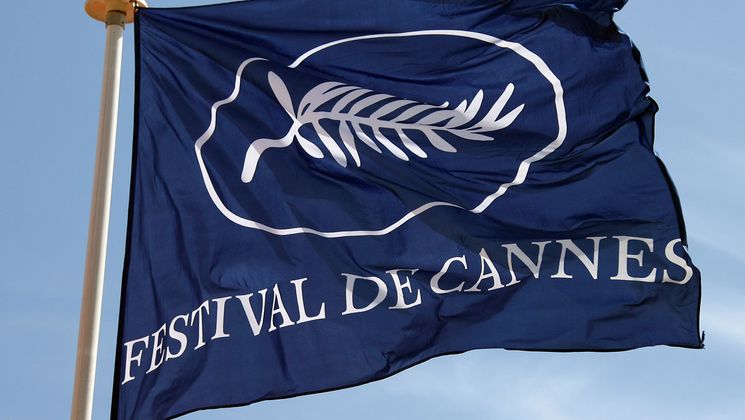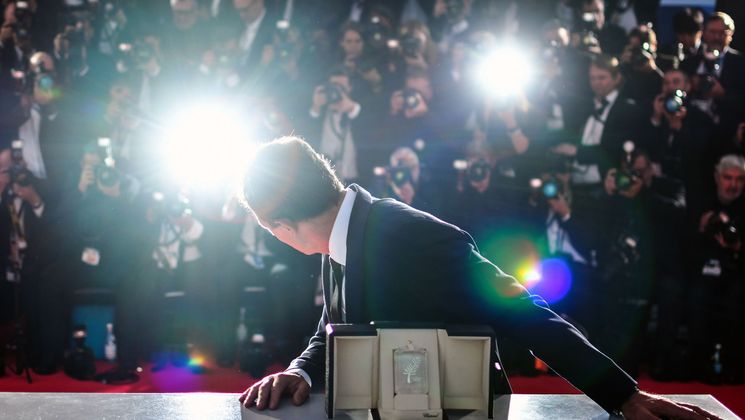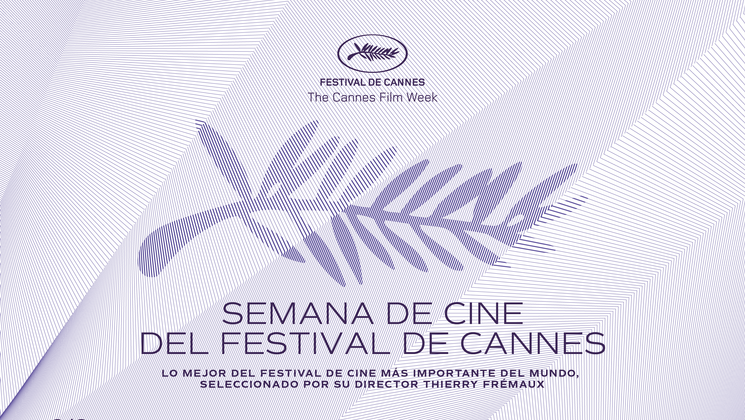
Interview with Robin Campillo, member of the Feature Film Jury

Attracted by the idea of being cut off from the world for the duration of the Festival and watching the films with professionals he admires, Robin Campillo, member of the Feature Film Jury chaired by Alejandro G. Iñárritu, is keen to bring a new perspective to the Competition. The French director looks back on the success of 120 Battements par minute (BPM (Beats Per Minute)), a fictional work depicting the Act Up years and winner of the Grand Prix in 2017. His many obsessions as a director include actors, locations and music. Interview.
What was your reaction to the excitement surrounding 120 Battements par minute at the festival?
To be honest, I did everything I could to get the film into the Competition. Not so much because I wanted it to win a prize but mostly because we know that for a film like this, it's a major opportunity for it to be seen. Then, when I got here, I didn't cope very well with that level of exposure. It troubled me, although I must say that the screening was one of the most wonderful memories of my life. It really is a very powerful sensation: I think everything was too high, the tiredness from work, other people's emotion, my joy afterwards, etc., it was really very strange.
How do you choose your actors, do they need to believe in the causes that you stand for?
From the moment I find the right actor, I'm prepared to kill to get them. The most important thing is for them to be embodied, to embody the characters. Embodiment is what it's all about for me. Since Eastern Boys (2013), my previous film, I've been obsessed with two things: actors and locations. So I spend an infinite amount of time locating and casting. For example, for Antoine Reinartz, an immense actor in my opinion (he plays the president of the organisation in 120 Battements par minute), I could see that he already had the verbal of an activist. He had this way of speaking that I no longer had to come up with. I had written some incredible dialogues and he spoke them as if he was breathing.
Nahuel Pérez Biscayart (César award for Most Promising Actor for 120 Battements par minute) is Argentinian and, although he speaks perfect French, I could see that he was overdoing it a bit in his role as an activist, it was slightly theatrical. But actually, they were like that at the time, in those meetings, and behind the theatricality, there was pain. He was the only one who managed to embody this contrast.
Arnaud Valois is also a very important actor for me. He has a way of playing very straight, unlike Nahuel who is a baroque actor. He is very consistent in his acting style, very internalised, and it was very important to have an actor like him playing the newcomer in the organisation, with a kind of sincerity. Arnaud is attentive to others in life, which is exactly what I was looking for in Nathan's character. It's a kindness – and that's what I loved – that conceals a form of despair.
“I need the actors to embody the characters. Embodiment is what it’s all about for me.”
You say that you also place great importance on the sets, the filming locations?
Indeed. The film's location is like an organism, a body around the bodies. There's no window, there's no door that's placed in a given spot without reason.
120 Battements par minute for example, is about people in a room, in an amphitheatre, who are dreaming of things, and we see what they dream. We will throw blood. And we see the scene. So it's like a brain. And the actions are like fantasies, images that arise from this brain. I wanted an amphitheatre because I liked the idea of a clash between the people from above who were resisting, and those from below who held the power. I found the place, but there were windows. So I got acoustic panels put there to hide them. All of a sudden, I feel at one with the location, I have the right actors and everything I have hoped for will work without too much staging. Having the right location is what excites a director. I feel like I have composed – without too much manipulation – a sort of painting that enchants me.
And what about music?
I'm an editor and I work a lot on the sound, also editing. I edit the music at the same time as the other audio. I use multitrack editing which means I break down the audio to isolate a violin, etc. so I can remix it with the other sounds in the film. It's very important to me. I have a strong connection to music that I can't really explain, and I get Arnaud Rebotini to compose the pieces very early on. In him, I have found a brother in music and film. His harmonies move me, his slightly fuzzy approach to melody interests me a lot and I love his dazzling side. I need this baroque touch at times. And I really like to alternate very lyrical scenes with very dry ones.


